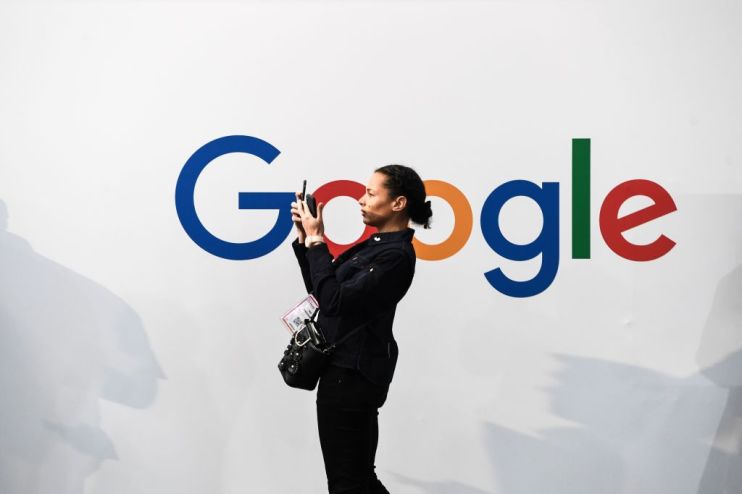Google removes 2.7bn bad ads as it launches Covid-19 taskforce

Google removed roughly 2.7bn so-called bad ads last year as the tech giant ramps up its efforts to block misleading and malicious campaigns actors on its platform.
The search engine’s crackdown, which equates to 5,000 ads per minute, is an increase on the 2.3bn adverts removed in 2018.
In addition, Google suspended nearly 1m advertiser accounts for policy violations. On the publisher side, it terminated over 1.2m accounts and removed ads from more than 21m web pages.
It comes as the tech firm was forced to launch a special taskforce to tackle attempts by fraudsters to take advantage of the coronavirus crisis.
Google said it had seen a sharp spike in fraudulent ads for in-demand products such as face masks.
The products were often listed at exorbitant prices, misrepresented the quality of the product or were placed by merchants who failed to fulfil orders.
Google said it had blocked tens of millions of misleading coronavirus-related ads over the last few months.
In a further effort to boost transparency, the social media platform last week said it will require all advertisers to complete a verification process before buying ad space on its platform.
The company, which reported a huge rise in demand since the outbreak of the pandemic, has also focused on helping run public health information from governments, health bodies and non-governmental organisations.
“Maintaining trust in the digital advertising ecosystem is a top priority for Google, and with global health concerns now top of mind for everyone, preparing for and responding to attempts to take advantage of our users is as important as it has ever been,” Scott Spencer, Google’s vice president of ads privacy and safety wrote in a blog post.
“We know abuse tactics will continue evolving and new societal issues will arise. We’ll continue to make sure we’re protecting our users, advertisers and publishers from bad actors across our advertising platforms.”
Google parent company Alphabet on Tuesday posted revenue of $41.2bn (£33bn) in the first quarter — up 13 per cent year on year and ahead of analysts’ expectations.
However, chief financial officer Ruth Porat warned the second quarter “will be a difficult one” as companies continue to slash spend due to the Covid-19 crisis.